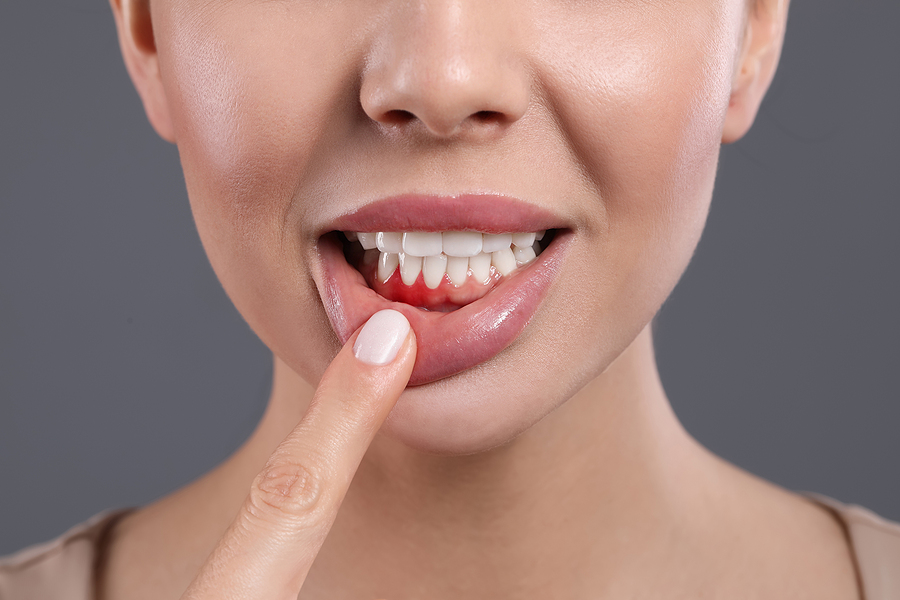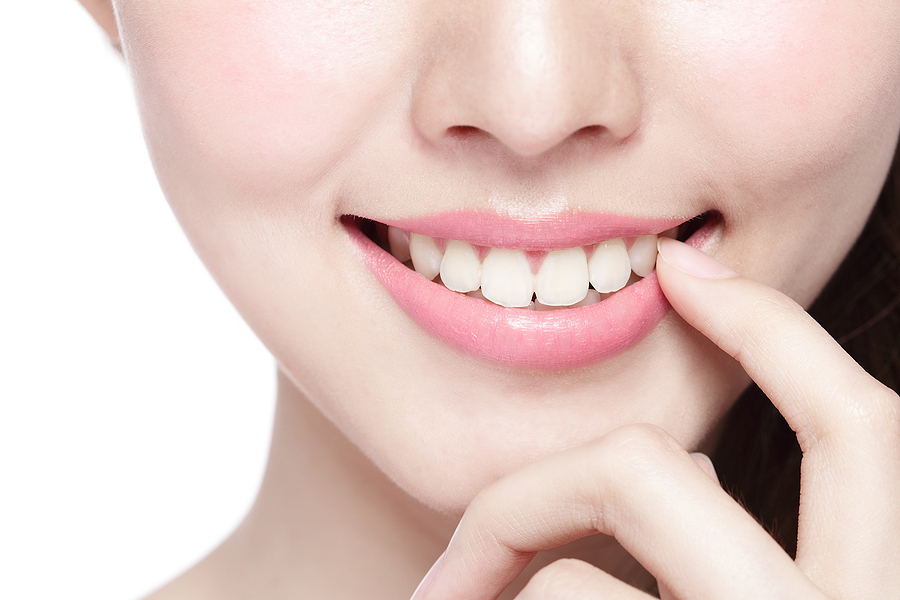Get A Whiter and Brighter Smile with Dental Veneers
Nov 01, 2023![Root Canal Treatment in Pleasanton, CA Root Canal Treatment in Pleasanton, CA]()
The Benefits of Root Canal Treatment: Why Saving Your Tooth is Worth It
Oct 04, 2024![This is a thumbnail image of blog Do All Wisdom Teeth Need to Be Removed? A Guide to When Extraction is Necessary This is a thumbnail image of blog Do All Wisdom Teeth Need to Be Removed? A Guide to When Extraction is Necessary]()
Do All Wisdom Teeth Need to Be Removed? A Guide to When Extraction is Necessary
Nov 02, 2024![Cosmetic Dentistry in Pleasanton, CA Cosmetic Dentistry in Pleasanton, CA]()
Enhance Your Smile: The Wonders of Cosmetic Dentistry
Mar 03, 2024Toothache Troubles: How Do You Know if You Need a Root Canal in Pleasanton, CA?
Feb 01, 2024

What Are Causes of Gum Disease?
Gum disease is an infection of the gum tissue caused by bacteria. Healthy gum tissue fits tightly around each tooth, creating a seal that prevents bacteria from getting into the spaces where teeth and gums meet. When bacteria build-up, it causes inflammation in the gums. Over time, the inflammation can cause receding gums that expose the roots of the teeth, creating deep pockets that are difficult to keep clean.
Gum disease is the leading cause of tooth loss among American adults. It’s caused by plaque and bacteria that build up on and around your teeth. When detected early, gum disease can be treated and reversed. If left untreated, it can lead to gum recession, destroying your bone structure and causing you to lose teeth.
There are numerous risk factors that can result in gum disease:
Poor Oral Hygiene
Poor oral hygiene can lead to gum infection. When brushing and flossing are not done regularly, plaque and tartar can build up. This can lead to bacteria growth, which causes gum disease and infection.
Genetics
When you consider your own family’s health history, you may have an idea that you’re at greater risk for gum disease. However, genetics isn’t the only factor that determines your risk of gum disease.
In addition to your genes, the bacteria in your mouth and your overall habits also play a role in gum disease. Bacteria collected in your mouth from poor oral hygiene habits can be left in the hard-to-reach spaces between your teeth. These bacteria then multiply, releasing toxins that irritate your gums. Over time, these toxins can lead to gum recession, gum inflammation, and gum disease, including gingivitis.
Hormonal Changes
Hormonal changes, such as puberty, pregnancy, and menopause, can cause gum disease because they can affect the way your gums react to plaque and bacteria in your mouth.
During puberty, pregnancy, or menopause, women experience hormonal changes, such as an increase in the amount of progesterone in the body. This makes it harder for your gums to stay healthy and can increase your risk of gum disease.
Tobacco Products
Cigarettes, cigars, and chewing tobacco all contain chemicals that damage the soft tissues and bones surrounding your teeth. This can cause your gums to swell, bleed, and recede. Quitting smoking is the best way to prevent gum disease.
Certain Medications
All medications have the potential to cause side effects, including dry mouth. This can increase your risk of gum disease. It can also make it more difficult for your body to fight off the bacteria that cause gum disease.
Please reach out to our dental practice in Pleasanton, CA, to have a consultation with our dentist in Pleasanton, CA. Please call us at (925) 600-9006 or schedule an online consultation, and we’ll guide you further.
Office Hours
MON - WED9:00 am - 5:00 pm
THUClosed
FRI9:00 am - 5:00 pm
SAT8:30 am - 2:30 pm
SUNClosed




comments